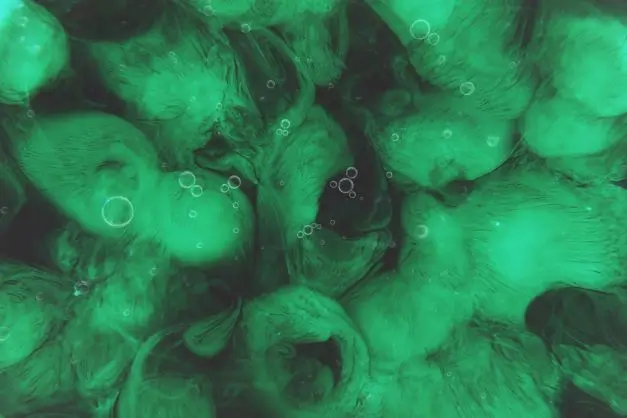Algae Fuels
Well, they aren’t algae fuels, but biofuel can be produced from suitable strains of algae. Our societies consume fossil hydrocarbons to function. We use them for everything from plastics and fertilisers to generating the energy we use for lighting, heating and transportation. Sustainable alternatives to the hydrocarbon merry-go-round are desperately needed, and algae fuels may well be part of the answer.
I have followed David Sieg for several years. He has produced an array of ‘how to’ books on the home-scale production of biofuels and biodiesel. It is worth visiting his site and looking over this excellent repository of practical information at making-biodiesel-books.com.
Algae can be used to produce biofuels, including biodiesel and algae-based jet fuel, through a process called algae oil extraction. This involves growing algae in large vats of water, then extracting the oily parts of the algae. This converted into an energy form that can be readily used in engines. Algae oils have many advantages over traditional fuel sources because they’re renewable. They burn cleaner burning than fossil fuels, are fast-growing and don’t require as much land or water for production as other biofuel crops. They also don’t compete with food crops for arable land or resources such as freshwater for agricultural production. Most importantly, all these benefits come without sacrificing performance. Using algae derived fuels in diesel and jet engines; up to 70% reduction in CO2 emissions is achievable compared to standard petroleum products.

